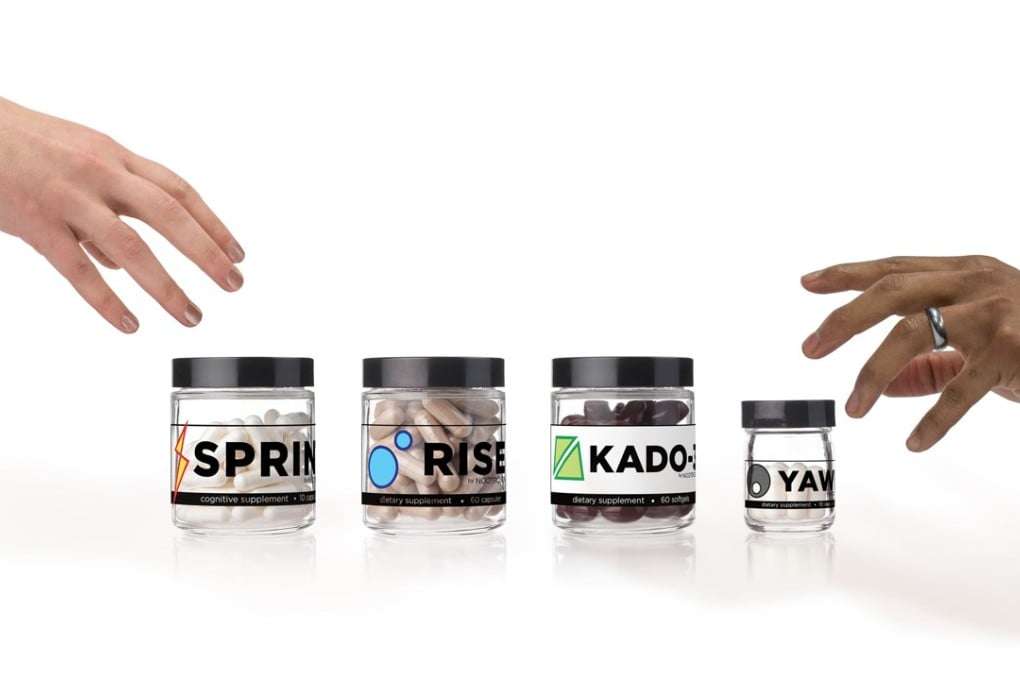Brain health: how biohacking with supplements improves it, and why taking ‘smart drugs’ could be dumb
Nootropic supplements to sharpen our memory and make us more effective and focused are a growing market – and quite different from so-called smart drugs, whose use doctors discourage. We take a nootropic and feel the effects

Forget hacking computers. Now, it’s all about hacking the brain. So says Geoff Woo, a so-called biohacker and co-founder of HVMN – pronounced Human – a “cognitive enhancement group” based in Silicon Valley, California.
Biohackers like Woo say that if computers were the dominant platform of the last century, the human body is the platform of the 21st century. They take their health and longevity into their own hands, using well researched and safe ingredients in supplements.
Intermittent fasting is a proven way of losing weight quickly – but it may not work for everyone
Every day, the 29-year-old wakes at 7am and downs his own company’s products, all of which contain ingredients that are nootropic – meaning they enhance or influence memory or brain function.
These are mostly not new (fish oil – considered a nootropic – is in some of the products). However, the way they are administered, along with other, more exotic herbs and amino acids – also nootropic – is what’s different. They’re designed to promote brain health, making us more effective and focused and sharpening our memory.
Woo and his colleagues also regularly practise intermittent fasting and have helped create WeFast, a Facebook support group, for those who follow suit.
“I drink a tall glass of water with RISE and KADO3,” he says. (Both contain ancient herbs or such things as krill oil and astaxanthin oil, a powerful antioxidant with a reddish pigment from the carotenoid family.) “I check my Oura ring, a sleep tracking device that tracks my heart rate variability, which is a proxy for restfulness.”
As well as working out, he has “short eating windows every day”, eating mostly between 8am and 4pm, and does a 24- to 36-hour fast every week. Woo also does extended fasts of three days or more once or twice a year.
